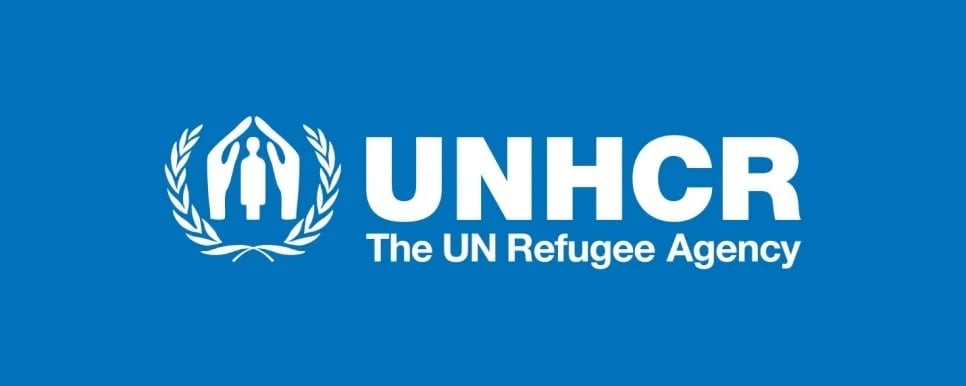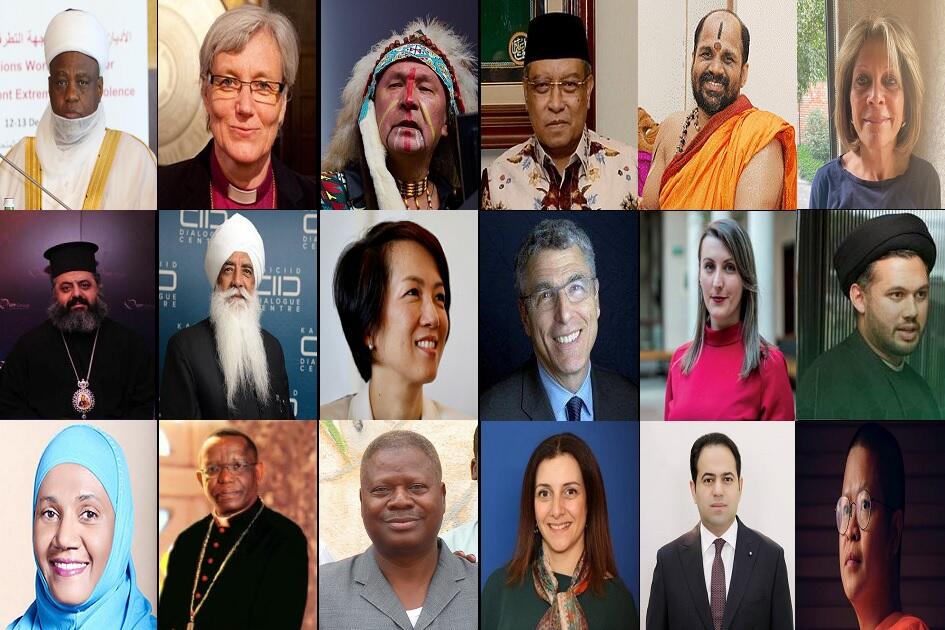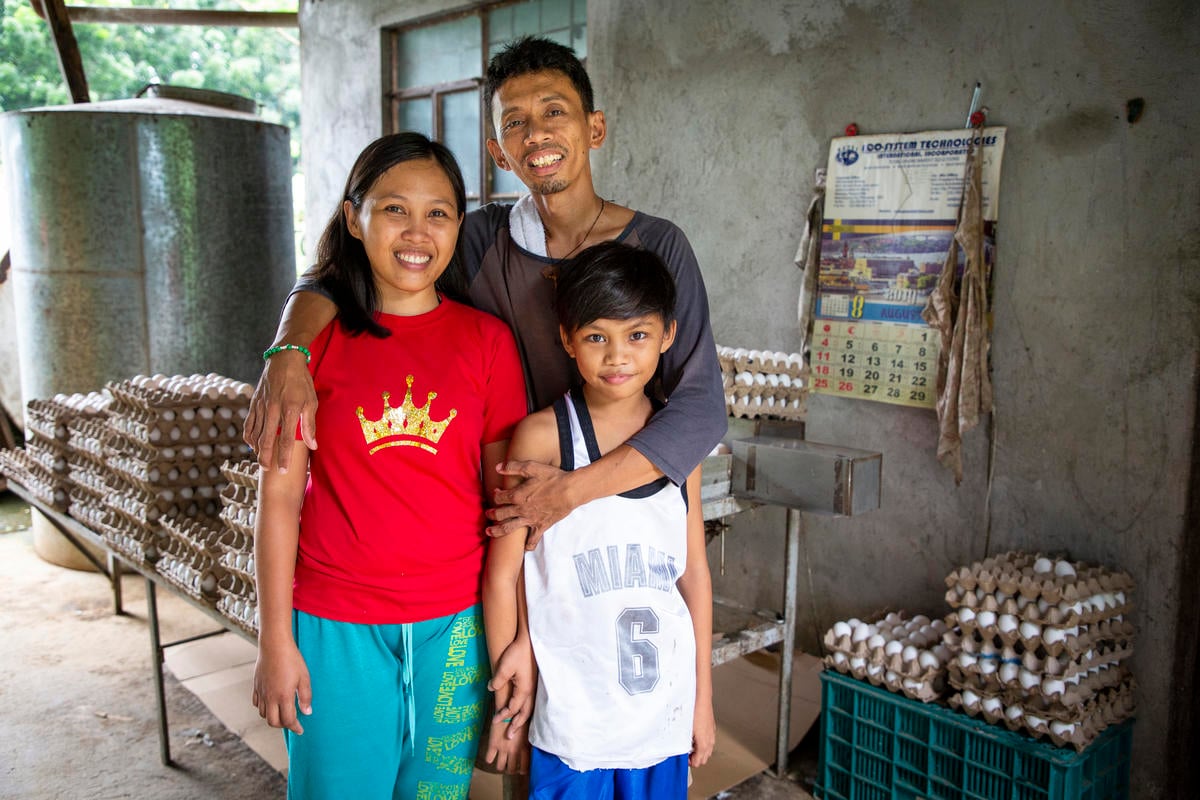UNHCR launches new effort to reduce the number of stateless
UNHCR launches new effort to reduce the number of stateless

GENEVA, March 10 (UNHCR) - The UN refugee agency has launched a new push to reduce the number of stateless people in the world, an estimated 12 million who face the danger of a wide-ranging loss of rights because they have no nationality recognized by any government.
"We have achieved a number of notable breakthroughs in the area of statelessness in recent years and have developed a significant body of expertise over time," said Volker Türk, director of UNHCR's Division of International Protection. "Nonetheless, statelessness remains a massive problem and an issue which often is poorly understood."
Although often overshadowed by UNHCR's more publicized work with the world's refugees and internally displaced people, reducing the number of stateless in the world has been part of the agency's core mandate since the 1970s.
In the past decade, UNHCR has supported citizenship campaigns and helped large numbers of people to obtain identity documents needed to confirm nationality in countries like Sri Lanka, Ukraine, Iraq and Côte d'Ivoire. It has also successfully promoted legal and administrative reform in many countries to prevent statelessness from occurring.
The launch of new initiatives on statelessness during 2010 and 2011 coincides with next year's 50th anniversary of the 1961 Convention on the Reduction of Statelessness. This new activity will also form a key component of the 2011 celebrations marking UNHCR's 60th anniversary.
The new programmes, including more training and guidance for staff and partners on statelessness, will help UNHCR achieve specific targets set for 2010-2011.
The agency aims to increase to 41 and 68 the number of countries that have ratified or acceded to the two key international conventions on statelessness: the 1961 agreement and the 1954 Convention relating to the Status of Stateless Persons, which defines a stateless person and extends specific rights.
In at least six countries, UNHCR intends to secure improved access to procedures that determine who is stateless and entitled to statelessness status in international law. Some countries have introduced this kind of procedure in recent years but many others have yet to do so.
In at least eight countries, UNHCR will secure better legislation to grant nationality to children who do not acquire any other nationality at birth. This is a fundamental safeguard contained in the 1961 Convention and in human rights treaties.
The overall goal is that at least half a million of the estimated 12 million stateless worldwide will have their nationality granted or confirmed by the end of 2011.
Although UNHCR statistics identify 6.6 million stateless individuals, the actual total is thought to be nearly double. Without nationality, people can find themselves without birth registration or identity documents and excluded from education, health care and employment. They can find their freedom of movement restricted and their hopes for social or economic development blocked.
There are many causes: people stripped of nationality by governments; children denied the right to acquire the nationality of a mother; discrimination against specific groups; disintegration of states and emergence of new ones; gaps in old laws that have never been closed.
"We need to undertake a more systematic effort to address this frequently ignored issue," said Türk. "There is growing interest among states, including donors and civil society, and this creates new opportunities for UNHCR to implement its mandate."
Read the report: Statelessness: UNHCR Action to Address Statelessness









